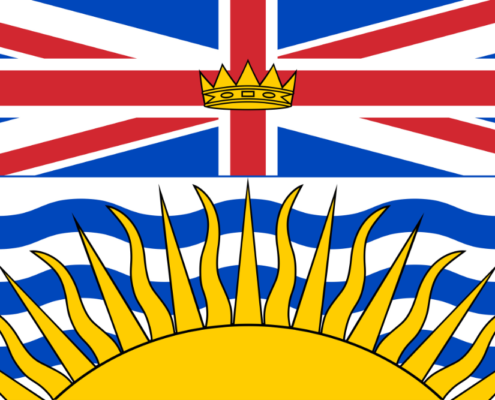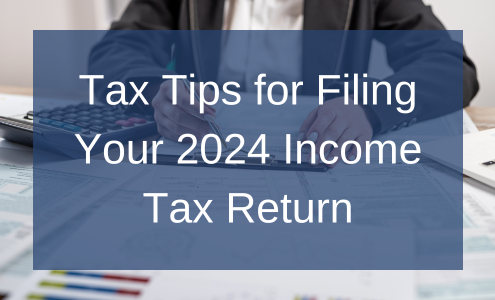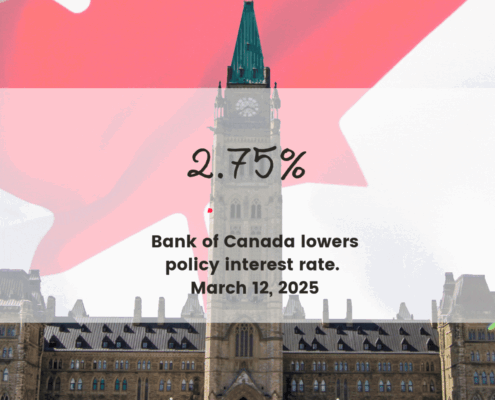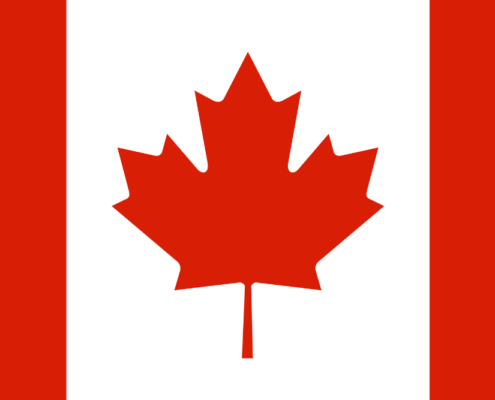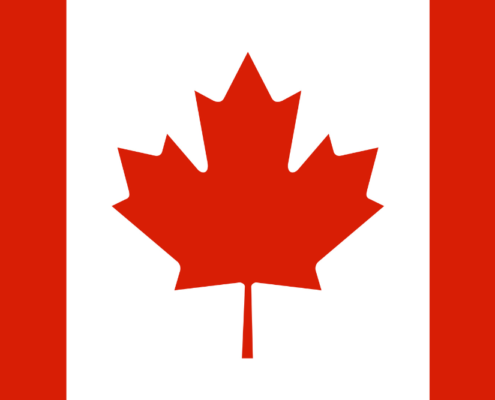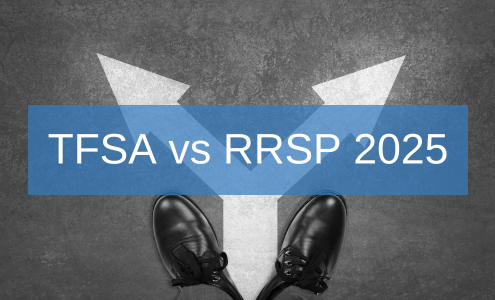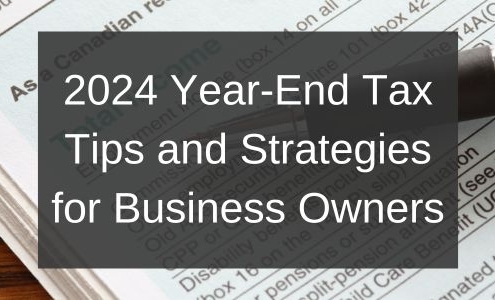Investment
How to get the most from your savings
Saving for the future is cornerstone of financial planning but it can be trickier to get to grips with than it seems. There are a wealth of different types of product on the market to choose from but the first step starts with identifying what your personal reasons for saving are. We all have a different purpose or objective, be it saving for a house, your child’s future education or even for your retirement and we will be able to support you in choosing the most appropriate savings option for your own situation.
With this in mind, let’s take a look at some of the more common products available:
Products with guaranteed interest
This option is best suited to those who prefer a lower level of risk, as it offers the protection of your original investment with the opportunity to earn interest at a predetermined, albeit probably lower, rate. These products have the benefit of offering you peace of mind and security from market fluctuations that may diminish the amount of your original investment.
Many factors will influence your return, including the interest rate itself, the amount of your investment, length of the term etc.
Mutual funds
These products are ideal for those looking to invest in the longer-term as they are subject to fluctuations in the market which can vary, sometimes losing value in the short term but potentially offering higher returns in the longer term than products with guaranteed interest payments.
Take your time to research the funds available on the market which are targeted to your own investment strategy.
Segregated funds
Similarly to mutual funds, segregated funds are market-based but offer additional benefits due to the fact that they are insurance contracts.
A big plus of this time of investment is the fact that your savings will be protected and you will be guaranteed to receive between 75% and 100% of your initial investment, less withdrawals, back upon the maturation of your contract or in the event of your death. Some segregated fuds also offer an income which is guaranteed for life.
Tax-advantaged savings plans
There are a couple of common plans, as follows:
- An RRSP (registered retirement savings plan) offers you a personal savings and investment account which also benefits from tax benefits.
- A TFSA (tax-free savings account) provides the opportunity to save for the future, without paying tax on any growth.
Talk to us, we can help.

